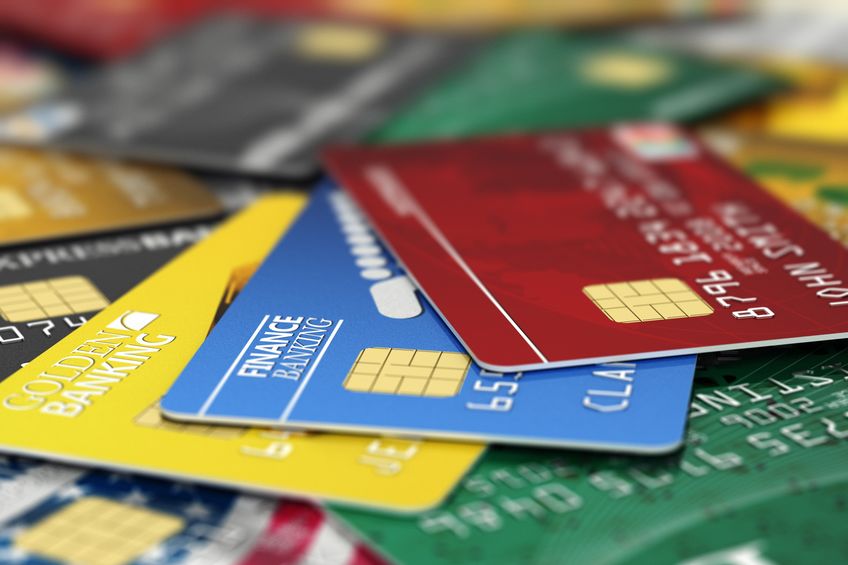 While bankruptcy can be a light at the end of the tunnel if your financial outlook is bleak, it also is poorly understood. We think some financial education is in order, which is our intent with this blog. Following are a few key points to consider as you evaluate your options:
While bankruptcy can be a light at the end of the tunnel if your financial outlook is bleak, it also is poorly understood. We think some financial education is in order, which is our intent with this blog. Following are a few key points to consider as you evaluate your options:
Hire a pro
Given all the nuances with the legal system, you really need to hire a bankruptcy lawyer to advocate on your behalf. He or she knows how to make the process efficient and done right the first time. At Ascent Law Firm, we thoroughly understand bankruptcy law, and can guide you in the process and help you chart your financial future. Our bankruptcy law firm has successfully represented thousands of clients in West Jordan, Utah.
Do your homework
There’s some due diligence needed on the part of the client, of course. To start the process, you’ll need to compile a file of your debts, income, assets, and financial transactions, which will allow you to complete the official bankruptcy forms and supporting documentation. Bankruptcy law also mandates court-approved credit counseling classes before and after the case filing. Again, having an attorney in your corner can make the process more manageable.
Understand protection
Upon filing your case, the bankruptcy court automatically affords you protection from your creditors. This action stops bill collectors immediately and remains in effect until your case ends, or until a creditor asks the court to remove the protection and the court grants the request — a rare occurrence. It’s important to note that as long as the protection is in place, creditors cannot pursue any further collection efforts.
Settle your affairs
Shortly after your filing, you and your attorney will attend a hearing in which an official known as a trustee asks you questions under oath about anything that might need clarification. If creditors decide to make an appearance, this is the occasion they may inquire about your assets, income, and financial transactions. Don’t worry too much — this the only time you will interact with a bankruptcy official. After this, depending on the type of bankruptcy, you might have to give up some of your personal property or you’ll get to keep it in exchange for partially or completely repaying your debt.
On that note, it’s important to know that not all debts are treated the same way in bankruptcy. The specifics depend on the type of debt. For example, you’ll be able to completely expunge major credit card debt, medical bills, personal loans, utility bills and the like. But you’ll still remain liable for obligations like student loans, some (but not all) taxes, most criminal fines, and alimony or child support.
Start your post-bankruptcy life
You’ll encounter a great deal of paperwork in the process. Among the documents is the Bankruptcy Discharge, which spells out that you’re no longer responsible for paying back those qualifying debts listed above. After the court approves your Discharge of Debts, creditors cannot come after you for past debt. In fact, if a creditor does not comply, the judge can level penalties against the party in question.
Where do you go from here? You’re required to list all your creditors in your bankruptcy paperwork. Your creditors are alerted about your bankruptcy because the court automatically sends them notices. Other parties besides creditors might be involved and have a personal stake in your bankruptcy. For example, if your parents co-signed an auto loan for you, they could still be held responsible for at least some of that debt if you file for bankruptcy.
As you can imagine, bankruptcy is nothing to take lightly. It damages your credit, for one. Bankruptcies are considered a red flag on your credit report and it can inform how future lenders view you. Not to mention, it can harm your credit score. Seeing a bankruptcy on your credit file may prompt creditors to decline extending you credit or to offer you higher interest rates and less desirable terms if they do take a chance on you.
In some cases, it makes sense to look at alternatives to bankruptcy. For instance, there are credit counseling and related debt consolidation programs. Creditors might also be willing to work with you on less stringent terms so that you can remain in good standing.
Regardless of what type of debt relief you seek, you can take ownership of your financial health by doing the following:
- Paying all your bills on time
- Avoid taking on additional debt
- Monitor your credit report (and credit score)
- Create and sticking to a personal budget
- Use credit in small ways (such as a secured credit card) and pay the balances in full, right away
Ascent Law Firm is here to lend knowledge and experience to your case. We are happy to consult and answer any questions you may have. If you are in need of family law services, please contact us today: (801) 432-8682

